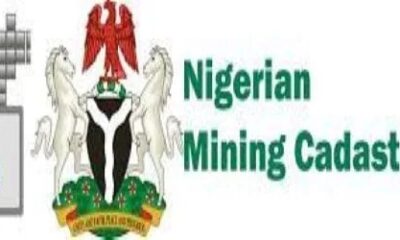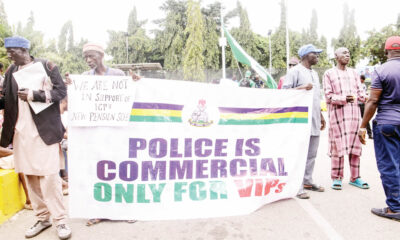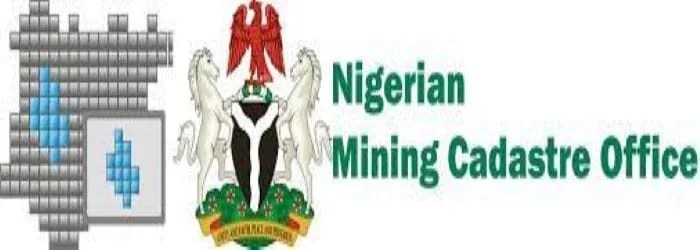- All you need to know about the deadly bacteria
The Nigeria Centre for Disease Control and Prevention (NCDC) says it is responding to reports of diphtheria cases in Lagos and Kano States and is monitoring the situation in Osun and Yobe States where cases are now being picked up.
In a statement on Friday, the Agency said in addition to clinically suspected cases, there have been laboratory-confirmed cases with about 25 persons dead in the North-Western state.
Calling for vigilance and maintenance of a high index of suspicion for diphtheria symptoms by health workers, the NCDC urges parents to ensure that their children are fully vaccinated against diphtheria as recommended in the childhood immunisation schedule.
It confirmed that the Agency is working with State Ministries of Health and partners to enhance surveillance and response to the outbreak while informing the public to stay safe at home and in their communities.
To reduce the risk of contracting the disease, the NCDC advised Nigerians to ensure their children are fully vaccinated with three (3) doses of the pentavalent vaccine as recommended in the childhood immunisation schedule.
Meanwhile, the Kano State Government has confirmed the outbreak of the disease in 13 Local Government Areas of the state.
The state commissioner for Health, Dr Aminu Tsanyawa, stated this at a briefing on Diphtheria and Lassa fever outbreaks in the state on Saturday.
He said that 100 suspected cases have been recorded out of which three have died.
“As at 20th of January 2023 we we have recorded 100 suspected cases from 13 local government areas.
”Ungogo, Nassarawa, Bichi, Dala, Dawakin Tofa, Dawakin Kudu, Fagge, Gwale, Kano Municipal, Kumbotso, Kiru, Rano, and Gwarzo.
”Out of the 100 suspected cases, eight were confirmed, while we are awaiting more results.
“We have lost three lives among the eight confirmed cases.”
Tsanyawa said currently 27 patients were on admission receiving treatment while 41 have been managed and discharged.
What To Know About The Deadly Disease
Diphtheria is a serious infection, sometimes deadly bacterial infection that forms in the moist inner lining of your nose and throat, and occasionally on the skin.
According to the NCDC, diphtheria is a bacterial infection caused by the bacterium Corynebacterium species which affects the throat, nose, and sometimes, skin.
The disease is caused by strains of bacteria called Corynebacterium diphtheriae that make toxin. It can lead to difficulty breathing, heart rhythm problems, swallowing problems, and in some cases sores on the skin and even death.
The Center for Disease Control and Prevention, CDC recommends vaccines for infants, children, teens, and adults to prevent diphtheria.
It’s highly contagious. It spreads easily from person to person, either through the air in small droplets or on surfaces.
Diphtheria is rare in developed countries like the United States. That’s because high vaccination rates have almost gotten rid of the disease, diphtheria is still a common problem in many countries around the world.
Lately, Diphtheria has been discovered in Lagos, with about 25 persons dead in the North-Western state as well.
Causes of Diphtheria
A type of bacteria called Corynebacterium diphtheriae causes it. This bacteria is unique because it makes a toxin that kills your cells. That makes diphtheria deadlier than some other types of bacterial infections.
The bacteria usually spreads through droplets that fly out of your nose or mouth when you sneeze or cough.
Some people also catch diphtheria by touching an infected person’s used hand towels, tissues, or any of their other things around the house that might hold the bacteria.
You could get diphtheria by touching an infected person’s open sore or ulcer, too.
People with diphtheria are highly contagious until 48 hours after they start getting antibiotic treatment.
It’s also possible to get the bacteria from someone who’s infected but doesn’t have any symptoms. Doctors call this person a “carrier.” Carriers can spread the infection to others for up to 4 weeks.
Symptoms of Diphtheria
When the diphtheria bacteria grows in the moist inner lining of your nose and throat, it begins to make large amounts of a toxin. This toxin kills your cells and creates a thick gray coating – called a pseudomembrane – from dead cells, bacteria, waste products, and proteins.
This thick substance can coat your nasal tissues, tonsils, voice box, and the rest of your throat. It’s the most distinct symptom of diphtheria, and it can make it hard for you to breathe and swallow.
From your throat, the toxin can get into your bloodstream and cause lots of damage to other tissues and organs throughout your body.
Possible symptoms from diphtheria include:
A sore throat
Swollen glands in your neck
Trouble breathing
Slurred speech
Fevers and chills
Tiredness
Nasal discharge
A second type of diphtheria can also grow in the skin. This type of infection leads to painful, red, and swollen skin. You could also get ulcers with a thick gray coating.
But this kind of infection doesn’t usually affect other organs in the body.

 BIG STORY4 days ago
BIG STORY4 days ago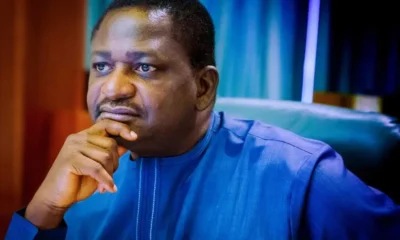
 BIG STORY4 days ago
BIG STORY4 days ago
 BIG STORY4 days ago
BIG STORY4 days ago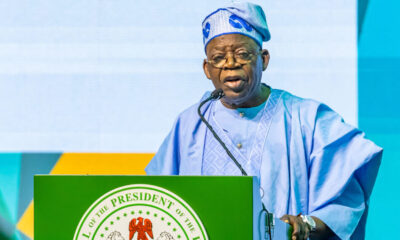
 BIG STORY1 day ago
BIG STORY1 day ago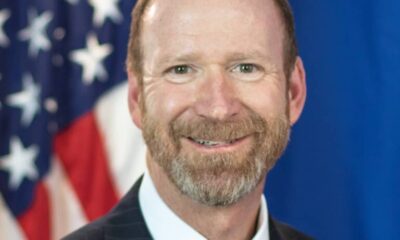
 BIG STORY4 days ago
BIG STORY4 days ago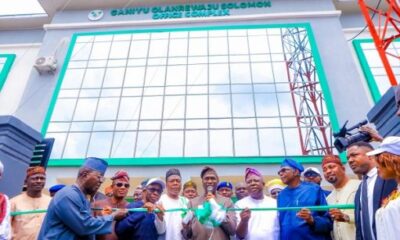
 BIG STORY4 days ago
BIG STORY4 days ago
 BIG STORY1 day ago
BIG STORY1 day ago
 BIG STORY5 days ago
BIG STORY5 days ago











